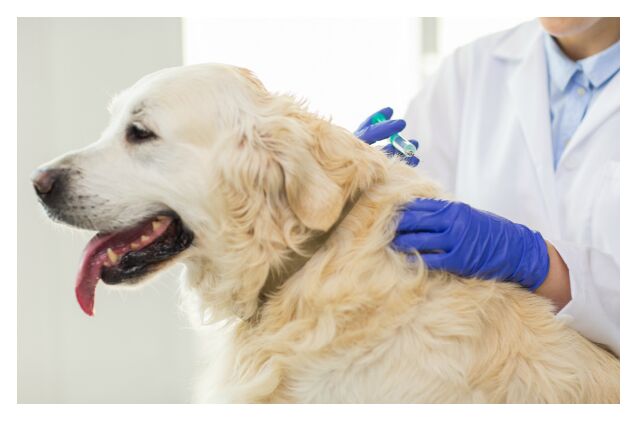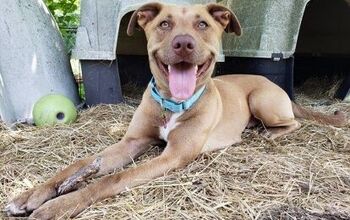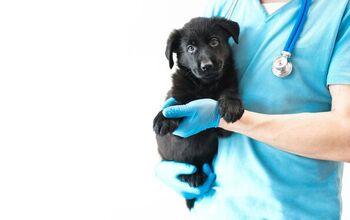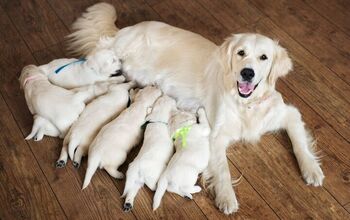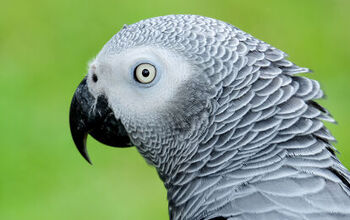Are Anti-Vaxxers To Blame for Rise in Canine Parvo Cases?

Parvovirus (better known as Parvo) is an easily spread fatal disease that affects puppies and dogs, and U.S. veterinarians and shelters are seeing more pets suffering and dying from the disease.
One vet clinic, West Michigan Street Veterinary Clinic in Indianapolis, has already taken precautions because of the increase in admissions. It has a separate isolated room for pets who have parvo, in an effort to keep other pets safe – parvo is extremely virulent and can survive in soil for over a year.
Related: Do You Know the Right Vaccination Schedule for Your New Pet?
Parvo is easy for dogs to pick up, as it’s transferred through fecal matter. If poop is not scooped, dogs and people can track it wherever they walk. When it gets on paws, dogs will lick to groom themselves, ingesting the diseases. Dogs that are vaccinated are protected, while dogs that aren’t are potentially at risk of getting it because it is so easy to spread.
Treating a dog with parvo–if treatment is even an option–costs hundreds to thousands of dollars. Many shelters simply can’t afford treatment for the large number of cases they see. In many cases, shelters cannot or will not adopt pets with parvo out, and sadly pets end up having to be euthanized because there are no other options.
In Fort Wayne, Arkansas, the Sebastian County Humane Society is seeing a rise in the number of puppies with heartworm and parvo, and animal advocates say that the growing anti-vax in pets movement is the reason for such tremendous increases. Considered a core vaccine, many animal organizations, including the ASPCA, stress the importance of inoculating your dog so the parvovirus doesn’t reach outbreak levels.
In most clinics across the country, the parvo vaccine costs about $10-$20 and can literally save your dog’s (as well as others dogs’) life. If you believe that more harm is done than good when it comes to vaccinating your pet or you rely on herd immunity, that’s not going to help much with parvo. The incubation period for this disease is 14 days, and most likely, you won’t know your dog has it until symptoms begin, which can be too late to do anything.
Related: Pet ‘Anti-Vaxxers’ Are Real and They Endangering All of Us
Experts warn that protection in an era where a disease like parvo is making a comeback is pivotal, including the restriction of new puppies going to their new homes until all parvo vaccinations are complete. The risks to puppies and other dogs are too great, as this disease continues to rear its head.
The most important thing pet parents can do is vaccinate their pets. Follow the guidance of your veterinarian and state laws when it comes to core vaccinations and when your pet should receive them.
[Source: RTV6 Indianapolis]

More by Lori Ennis



